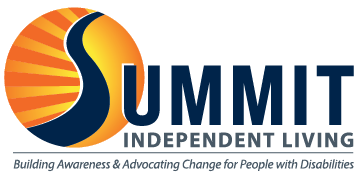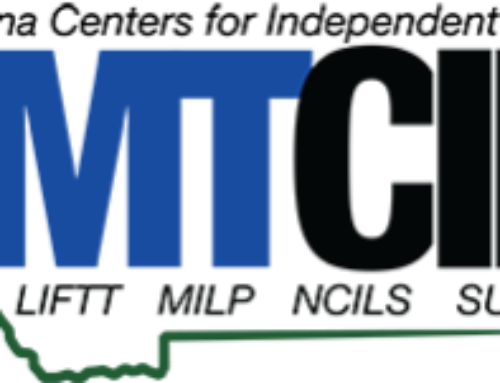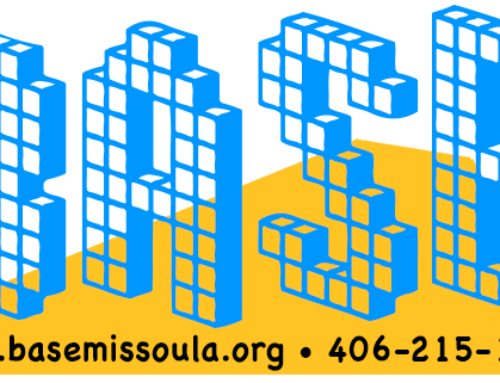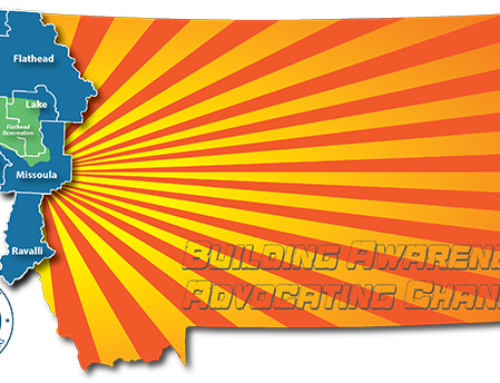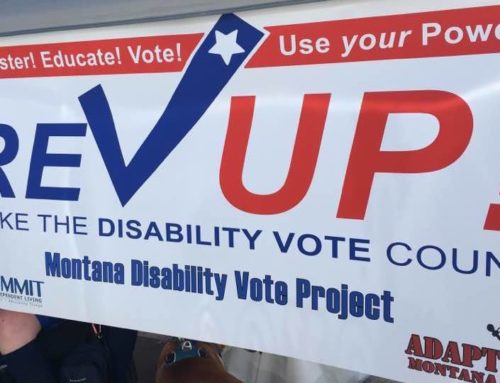Thomas Waldrup wants to go into nursing. Sidney Watson is thinking about becoming a web designer. Caysee Reinholz dreams of teaching children how to dance. All three of them want to own their own homes one day—but for many young adults with disabilities, like Thomas, Sidney and Caysee, government rules can bar them from becoming independent.
People with disabilities who receive certain forms of government assistance, such as Supplemental Security Income or Medicaid, are forbidden from having more than $2,000, $3,000 for couples, in assets. This means if someone who receives this assistance is able to save money, whether it’s through smart spending, family assistance or employment, that person can never save for an education, vehicle or even their own home without leaping through government hoops to ask for even more assistance, or having to hire a lawyer and spend a fair amount of money to maintain a Supplemental Needs Trust. Caysee Reinholz said she doesn’t believe that’s right.
“It’s not fair,” Reinholz said. “I have a job. I work at Opportunity Workspace.” Caysee said she wishes she could save the money she makes from work and have her family open a bank account so she could save for the things that she needs. That way she could trust her money was being handled properly without having to go through complicated legal steps.
“I don’t want to have a lawyer,” she said.
Sidney Watson agrees that the current system is unfair, and would like to contribute what she can to her future, even if she needs government assistance as well.
“Just because you’re getting help doesn’t mean you can’t contribute what you can,” Watson said. “If someone’s giving you assistance, you should be able to help that along.”
That’s where the ABLE Act comes in. Currently a bill in Congress, S. 1872 and H.R. 3424, ABLE would allow people with disabilities to save for needed expenses—such as education, housing, transportation and health care—without jeopardizing government supports. Similar to the 529 Plan, an existing tax-free account that allows people without disabilities to save for future expenses, the ABLE Account would give people with disabilities an option already available to other Americans.
The ABLE Act has numerous backers from a variety of groups, including Montana Sen. Jon Tester and The Arc, an organization for people with intellectual and developmental disabilities.
Mary Caferro, coordinator of The ARC Montana Chapter, said she believes this bill will help people with disabilities stay independent and remain in their communities.
“It’s important to allow people upward mobility and the opportunity to move up the economic ladder: become self-sufficient,” Caferro said. “It’s tricky, because some people will always need public assistance because of who they are. To discriminate against those people is wrong—those people can contribute to society. And we need to do everything we can to help foster independence.”
ABLE Accounts, unlike the Individual Development Accounts that help people with and without disabilities save for a home, wouldn’t come and go depending on grant cycles. They could be permanent tools that would help people plan for their futures, and allow people to use their own money to become independent. There is a payback provision for ABLE Accounts: if the account holder dies, money not spent on allowed goals must first repay Medicaid before other interests. However, passing ABLE into law wouldn’t prevent a family from opening a Supplemental Needs Trust if they felt it would better suit their needs.
Although ABLE hasn’t received much opposition, there is also no guarantee it will be passed in the near future.
Thomas Waldrup said not making the accounts available as soon as possible is a mistake.
“The quicker they pass it, the quicker disabled 18-year-olds graduating from high school can live independently,” he said. “Once they are on their own, they would have their own house, their own vehicle.”
Most importantly, Thomas said, is that it would allow people who might need some assistance to make their own way.
“Being able to tell people, ‘I can use your help, but right now I really don’t need it because I can do this on my own.’ If I need your help, I’ll ask,” said Waldrup.
